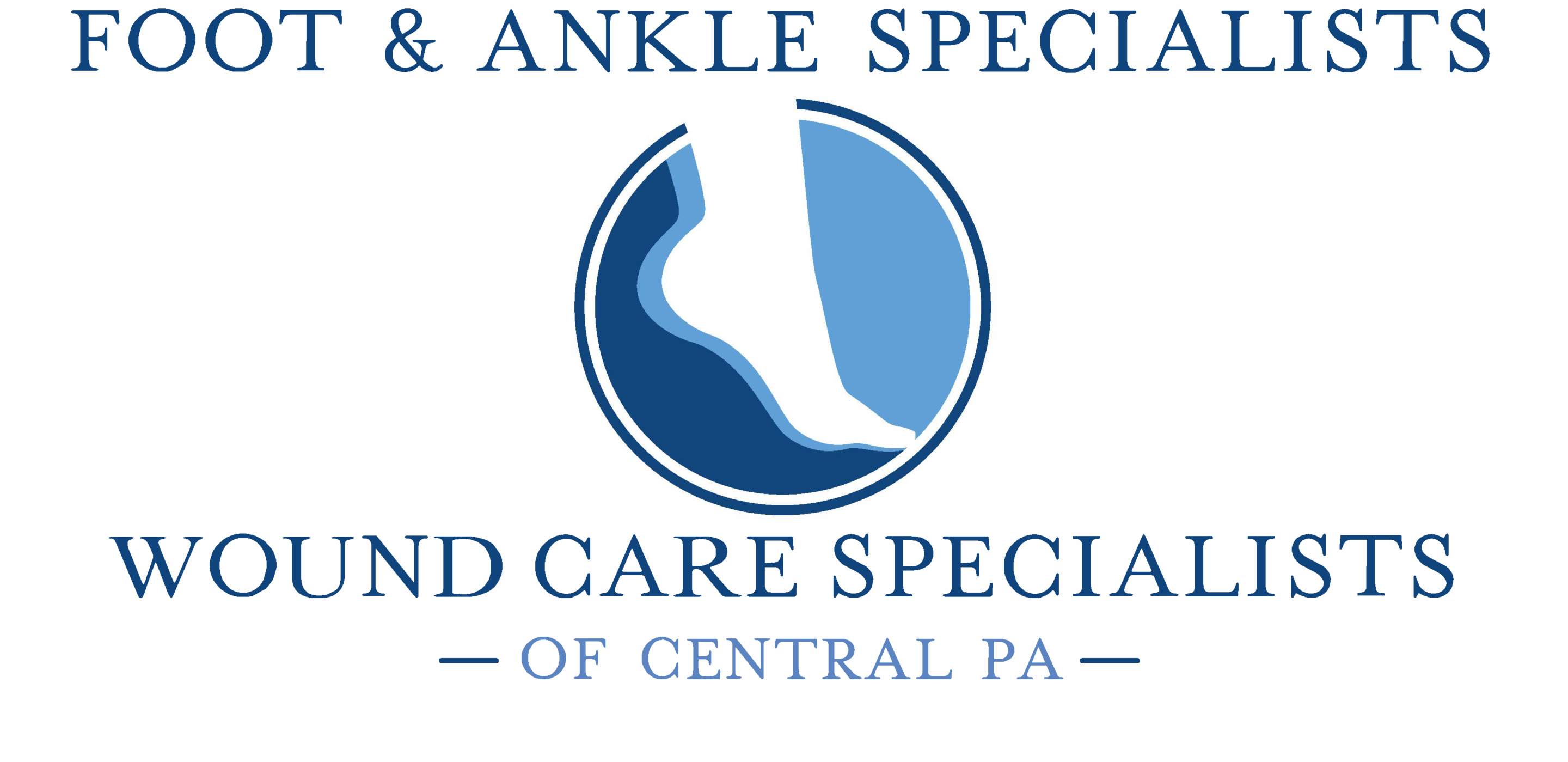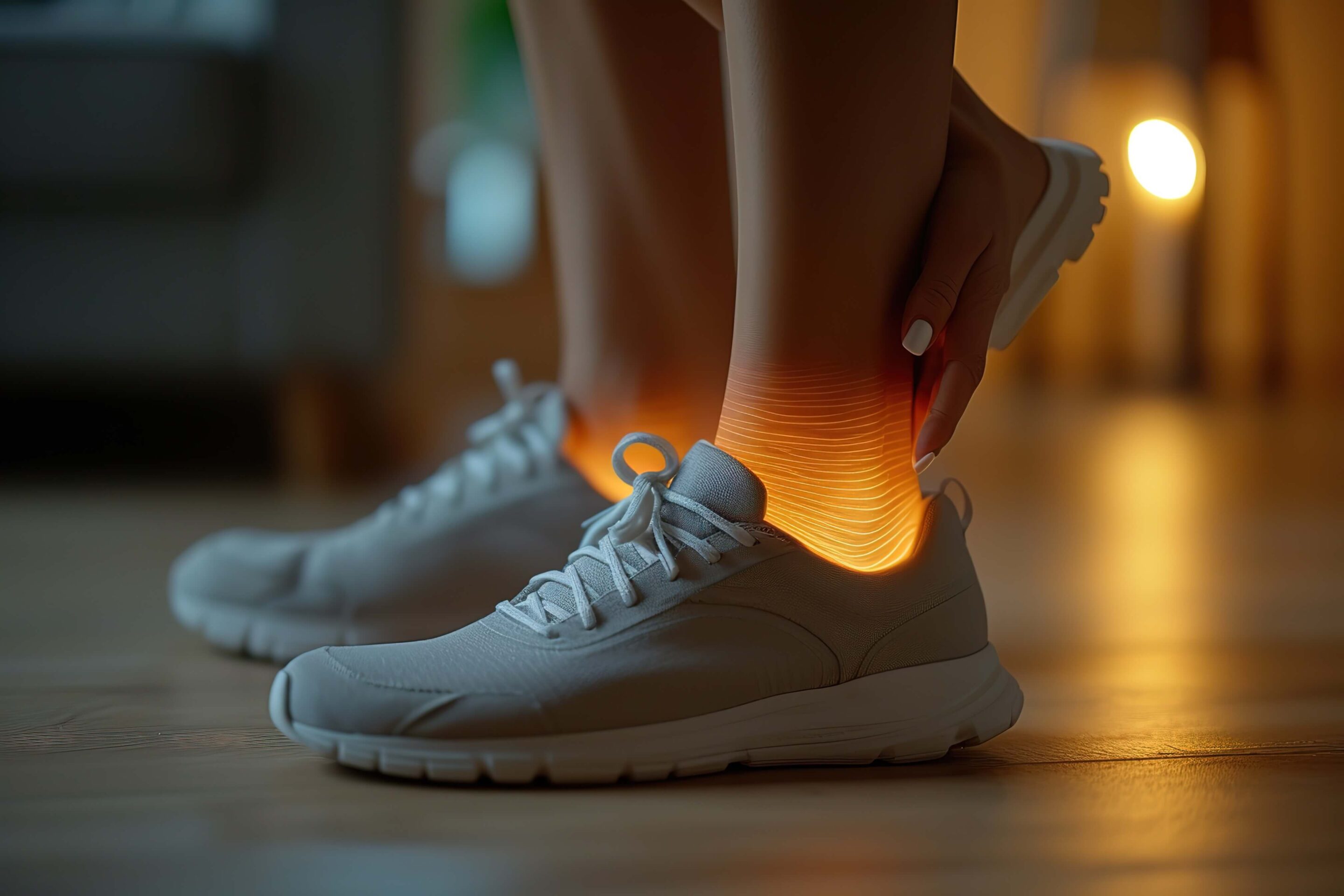Understanding Achilles Tendinitis: Symptoms, Causes, and Treatment Options
The Achilles tendon is the largest and strongest tendon in the body, crucial for enabling movement such as walking, running, and jumping. However, despite its strength, the Achilles tendon is not immune to injury. It is particularly vulnerable to overuse and repetitive stress, making conditions like Achilles tendinitis common, especially among athletes and active individuals.
Achilles tendinitis occurs when the tendon becomes inflamed, irritated, or suffers microscopic tears due to excessive strain. This condition can be both painful and debilitating, significantly affecting your ability to perform even routine activities. If left untreated, it can lead to more severe complications such as tendon rupture, which may require surgical intervention.
In this blog, we will explore the significance of the Achilles tendon, common causes of Achilles tendinitis, symptoms to watch out for, and a variety of treatment options available at Foot and Ankle Specialists of Central PA.
The Role and Vulnerability of the Achilles Tendon
The Achilles tendon connects the calf muscles—gastrocnemius and soleus—to the heel bone (calcaneus). It plays a pivotal role in nearly every movement that involves pushing off the foot, whether it’s walking, running, climbing stairs, or jumping. Given the tendon’s constant use in daily life and physical activities, it is subject to a lot of wear and tear, making it vulnerable to overuse injuries like Achilles tendinitis.
Achilles tendinitis typically develops gradually, with mild pain and stiffness in the back of the heel progressing to more intense discomfort if the injury is ignored. This gradual onset often leads individuals to continue with physical activities despite the pain, which worsens the condition.
What is Achilles Tendinitis? Symptoms to Recognize
Achilles tendinitis refers to inflammation and irritation of the Achilles tendon, usually resulting from overuse or stress. Individuals with Achilles tendinitis may experience a range of symptoms, including:
- Heel Pain: A sharp or dull ache along the back of the heel or lower calf, especially after physical activity. Pain tends to worsen with continued use.
- Stiffness: Difficulty in flexing the foot or ankle, particularly in the morning or after periods of inactivity.
- Swelling: Tenderness and swelling at the base of the Achilles tendon, which may feel warm to the touch.
- Decreased Mobility: Walking, climbing stairs, or performing any activity that requires ankle flexion may become uncomfortable or painful.
In some cases, the pain may subside with rest, only to return once the individual resumes activity. Ignoring these symptoms can cause the condition to worsen, leading to chronic Achilles tendinitis or, in extreme cases, tendon rupture.
Common Causes of Achilles Tendinitis
Several factors can contribute to the development of Achilles tendinitis, with overuse being the most common culprit. The tendon can become strained when subjected to repetitive movements, especially in activities that involve running or jumping. However, Achilles tendinitis isn’t exclusive to athletes—other factors can also increase the risk:
1. Overuse and Repetitive Stress
Continuous stress from high-impact sports or repetitive motions, such as running long distances, jumping, or abrupt direction changes, places significant strain on the Achilles tendon. This overuse gradually wears down the tendon, leading to inflammation.
2. Inadequate Footwear
Wearing shoes that don’t provide sufficient support, cushioning, or arch stability can exacerbate strain on the Achilles tendon. High heels, for example, can shorten the Achilles tendon over time, while flat or worn-out shoes fail to offer the necessary shock absorption during physical activities.
3. Sudden Increases in Activity
Drastically increasing the intensity, frequency, or duration of physical activity—such as jumping into a vigorous workout routine without adequate conditioning—can overwhelm the Achilles tendon and lead to injury.
4. Age and Medical Conditions
As we age, tendons naturally lose flexibility and strength, making older individuals more susceptible to Achilles tendinitis. Additionally, conditions like flat feet, high arches, and obesity can place extra strain on the tendon, increasing the risk of injury.
Symptoms and Diagnosis of Achilles Tendinitis
When experiencing symptoms of Achilles tendinitis, it’s essential to seek a proper diagnosis from our podiatrists to prevent further complications. At Foot and Ankle Specialists of Central PA, we take a comprehensive approach to diagnosis, which includes:
1. Physical Examination
Your podiatrist will thoroughly examine your Achilles tendon, checking for pain, swelling, tenderness, and range of motion. They may ask you to perform simple movements to assess the severity of the injury and identify areas of concern.
2. Medical History
Understanding your medical history, activity levels, and previous injuries helps us determine the cause of your Achilles tendinitis. We also take into account any underlying health conditions that could contribute to the problem, such as flat feet or arthritis.
3. Diagnostic Imaging
In some cases, additional tests like X-rays, ultrasounds, or MRIs may be recommended to rule out more severe injuries like tendon tears or ruptures and to gauge the extent of tendon inflammation.
Treatment Options for Achilles Tendinitis
At Foot and Ankle Specialists of Central PA, we offer a range of effective treatment options for Achilles tendinitis, customized to meet each patient’s unique needs.
1. Home Care and Self-Management
- Stretching Routines: Gentle calf and Achilles tendon stretches can help reduce stress on the tendon and improve flexibility.
- Over-the-Counter Medications: Non-steroidal anti-inflammatory drugs (NSAIDs) such as ibuprofen can help manage pain and reduce swelling.
- Night Splints: Wearing a splint at night keeps the foot flexed, preventing the Achilles tendon from tightening and easing discomfort in the morning.
2. Professional Care at Foot and Ankle Specialists of Central PA
- RICE Protocol: Rest, Ice, Compression, and Elevation are key in managing inflammation and promoting healing in the early stages of Achilles tendinitis.
- Physical Therapy: We collaborate with expert physical therapists to develop personalized exercise programs designed to strengthen the tendon and surrounding muscles, enhance flexibility, and prevent future injuries.
- MLS Laser Therapy: This advanced, non-invasive therapy promotes tissue healing, reduces inflammation, and accelerates recovery by stimulating cellular repair.
- Custom Orthotics: Custom-designed orthotics provide targeted support for your feet, helping to offload pressure from the Achilles tendon and encouraging proper alignment during recovery.
3. Surgical Intervention
In severe or chronic cases where conservative treatments are ineffective, surgical intervention may be required. Procedures can involve repairing damaged tendon tissue, removing inflamed tissue, or lengthening the Achilles tendon to reduce strain.
At Foot and Ankle Specialists of Central PA, our team ensures that all surgical options are carefully considered, with a thorough discussion of risks and benefits tailored to your specific condition.
Recovery and Healing
Prompt and effective treatment is essential for avoiding long-term complications. Recovery times can vary depending on the severity of the injury and the chosen treatment methods. Generally, individuals who follow their treatment plan and engage in physical therapy can expect a gradual return to normal activities within several weeks to a few months.
However, it’s important to note that Achilles tendinitis requires patience and consistency in treatment. Rushing the recovery process or resuming strenuous activity too soon can lead to setbacks or more serious injuries, such as tendon rupture.
Get Professional Help at Foot and Ankle Specialists of Central PA
Achilles tendinitis can significantly impact your quality of life, but it doesn’t have to be a long-term problem. Seeking timely and professional treatment is the best way to ensure a full recovery. At Foot and Ankle Specialists of Central PA, we’re committed to providing expert care for Achilles tendinitis, offering both conservative and advanced treatment options to help you return to your daily activities pain-free.
Don’t let Achilles tendinitis hold you back—schedule an appointment today to explore personalized treatment plans and take the first step toward healing.


